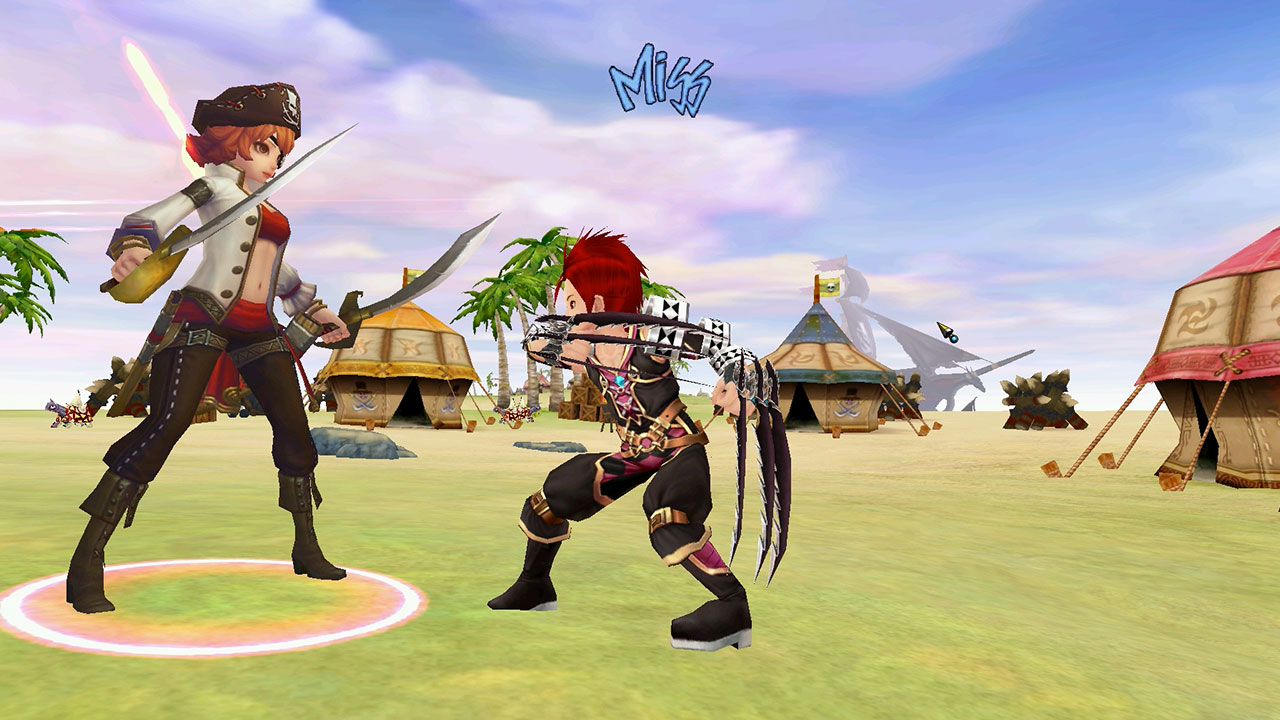
The team scoring a point remains in the court and the opposing team rotates off the court to the end of the list of opponents.


Teams alternate catching the ball in their (also hand crafted) cesta and throwing it "in one fluid motion" without holding or juggling it. The ball used in jai alai is hand crafted and consists of metal strands tightly wound together and then wrapped in goat skin. The server on one team must bounce the ball behind the serving line, then with the cesta "basket" hurl it towards the front wall so it bounces from there to between lines 4 and 7 on the floor. Two of the eight teams are in the court for each point. The first team to score 7 or 9 points wins the game. Playoffs decide tied scores.Ī jai alai game is played in round robin format, usually between eight teams of two players each or eight single players. The next highest scores are awarded "place" (second) and "show" (third) positions, respectively. The first team to score 7 points (or 9 in Superfecta games) wins. Losers go to the end of the line to await another turn on the court. The winner of each point stays on the court to meet the next team in rotation.

The game begins when the frontcourt player of the first team serves the ball to the second team. In doubles, each team consists of a frontcourt player and a backcourt player. The court is divided by 14 parallel lines going horizontally across the court, with line 1 closest to the front wall and line 14 the back wall. The ceiling on the court is usually very high, so the ball has a more predictable path. Similarly, there is also a border on the lower 3 feet (0.9 m) of the front wall that is also out of bounds. If the ball (called a pelota in Spanish, pilota in Standard Basque) touches the floor outside these walls, it is considered out of bounds. The court for jai alai consists of walls on the front, back and left, and the floor between them.


 0 kommentar(er)
0 kommentar(er)
